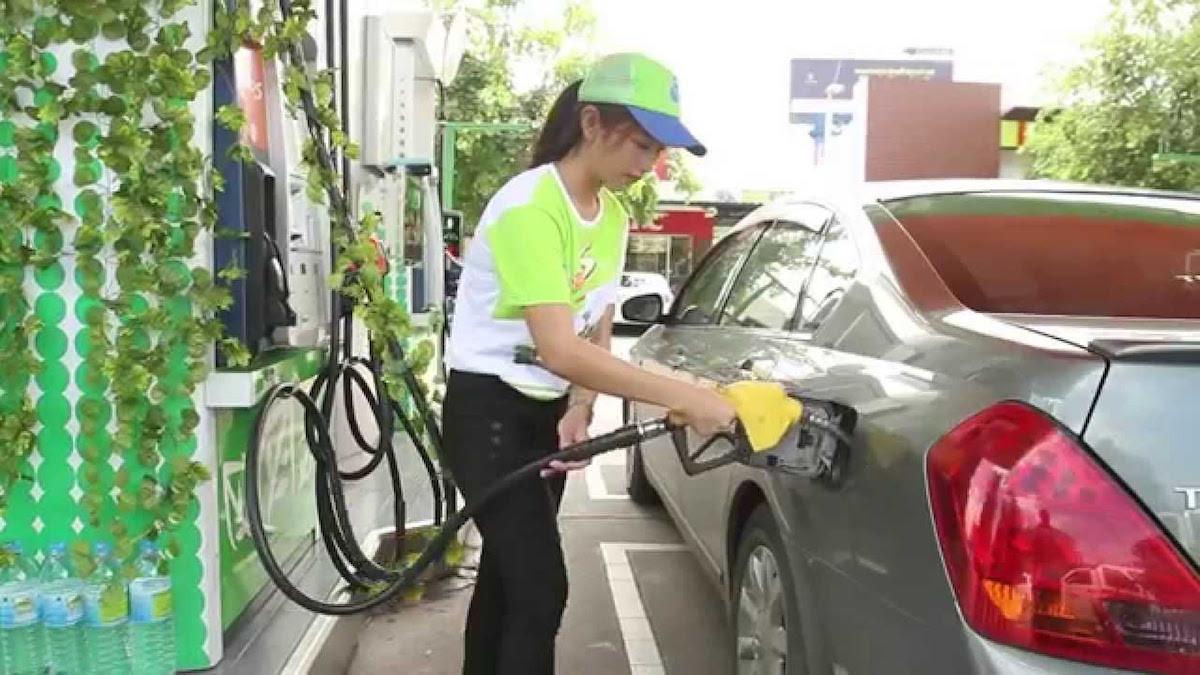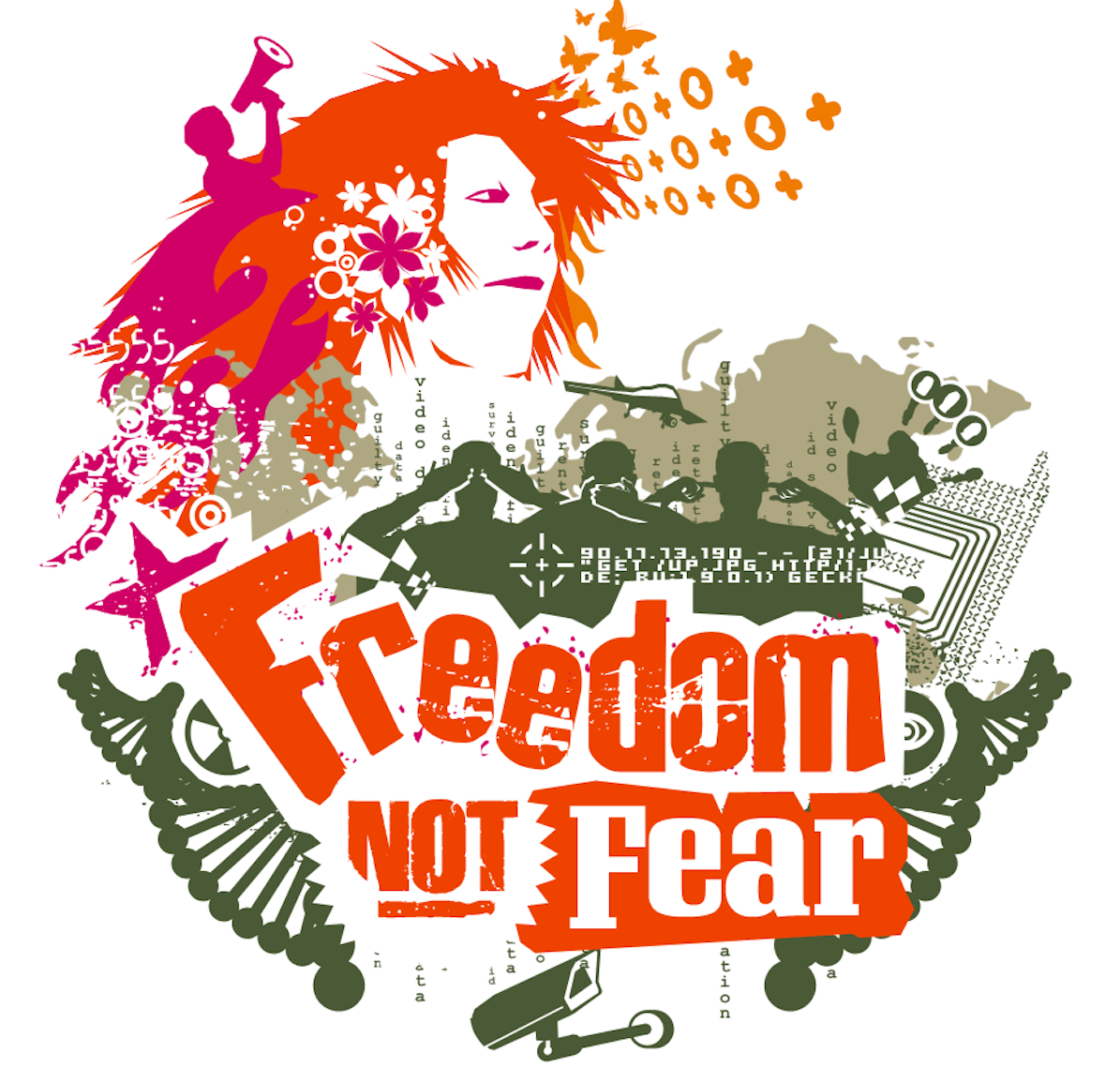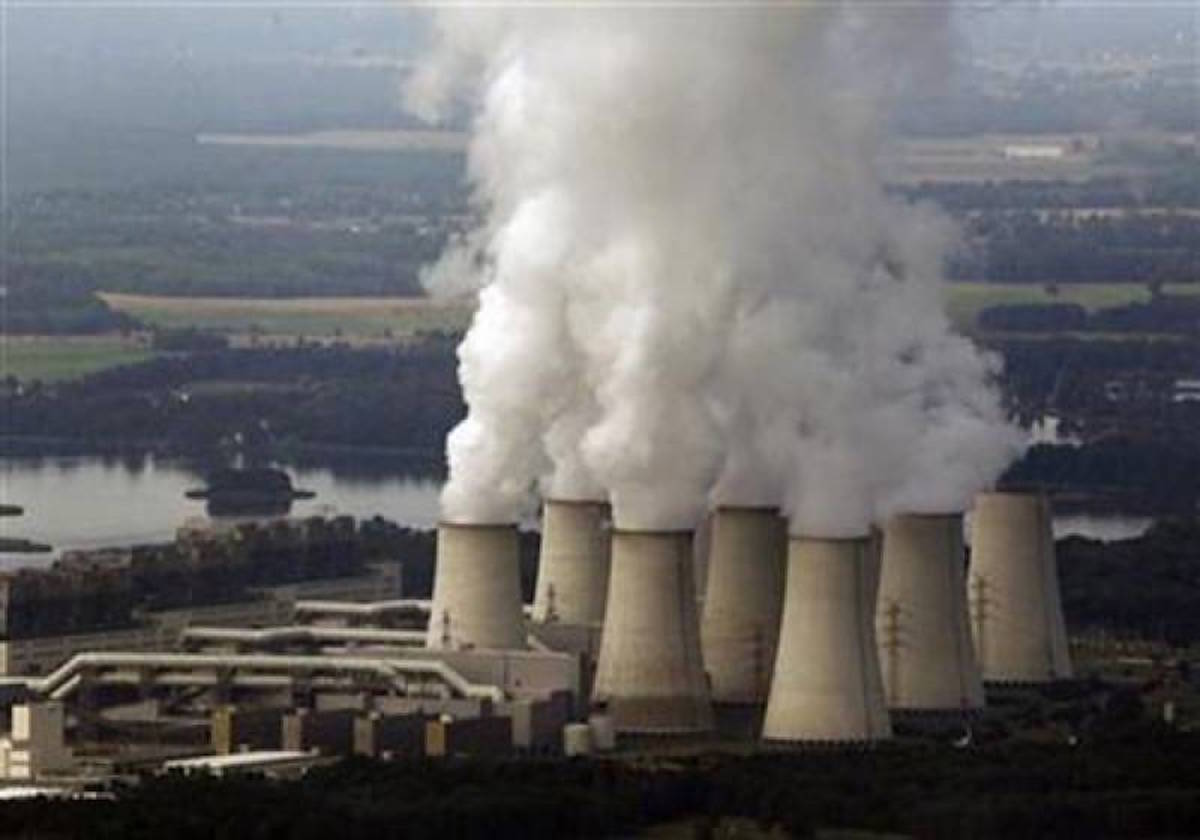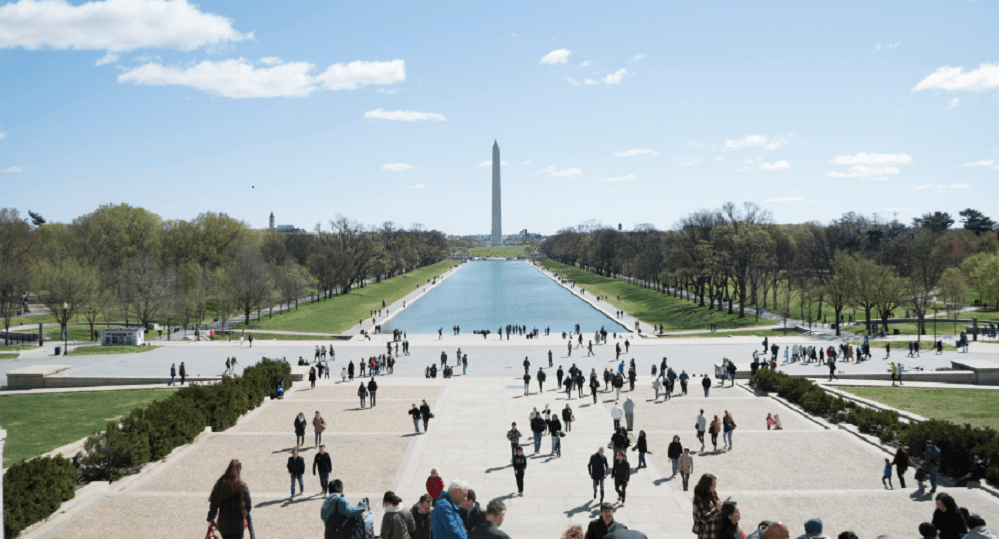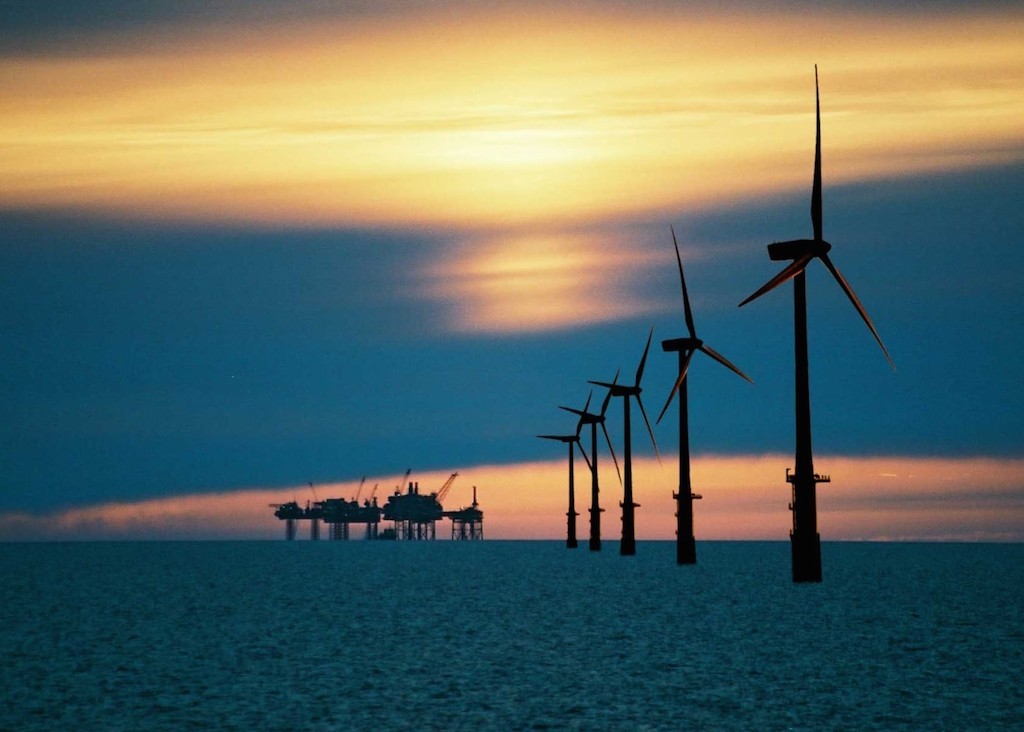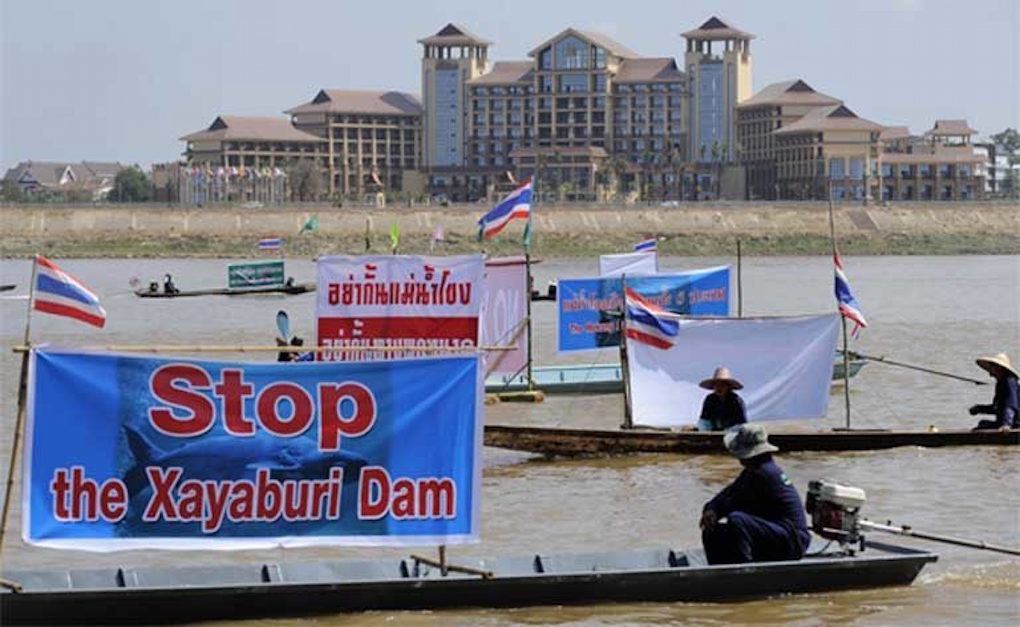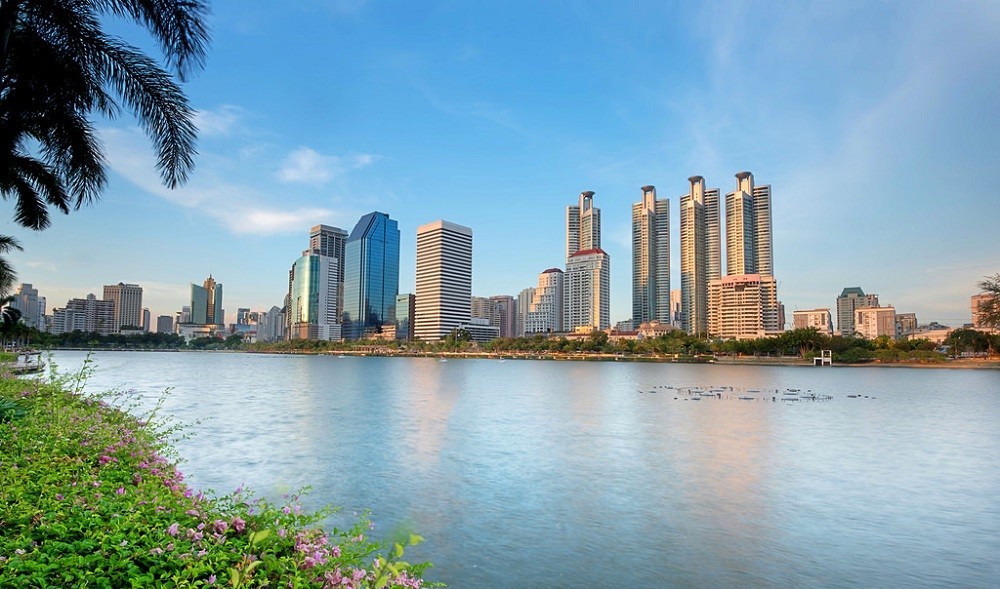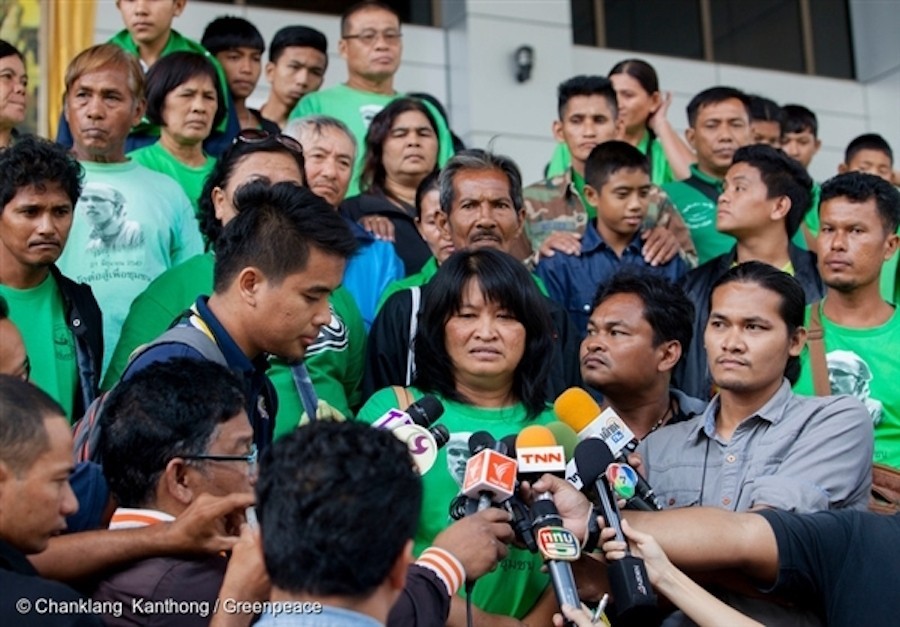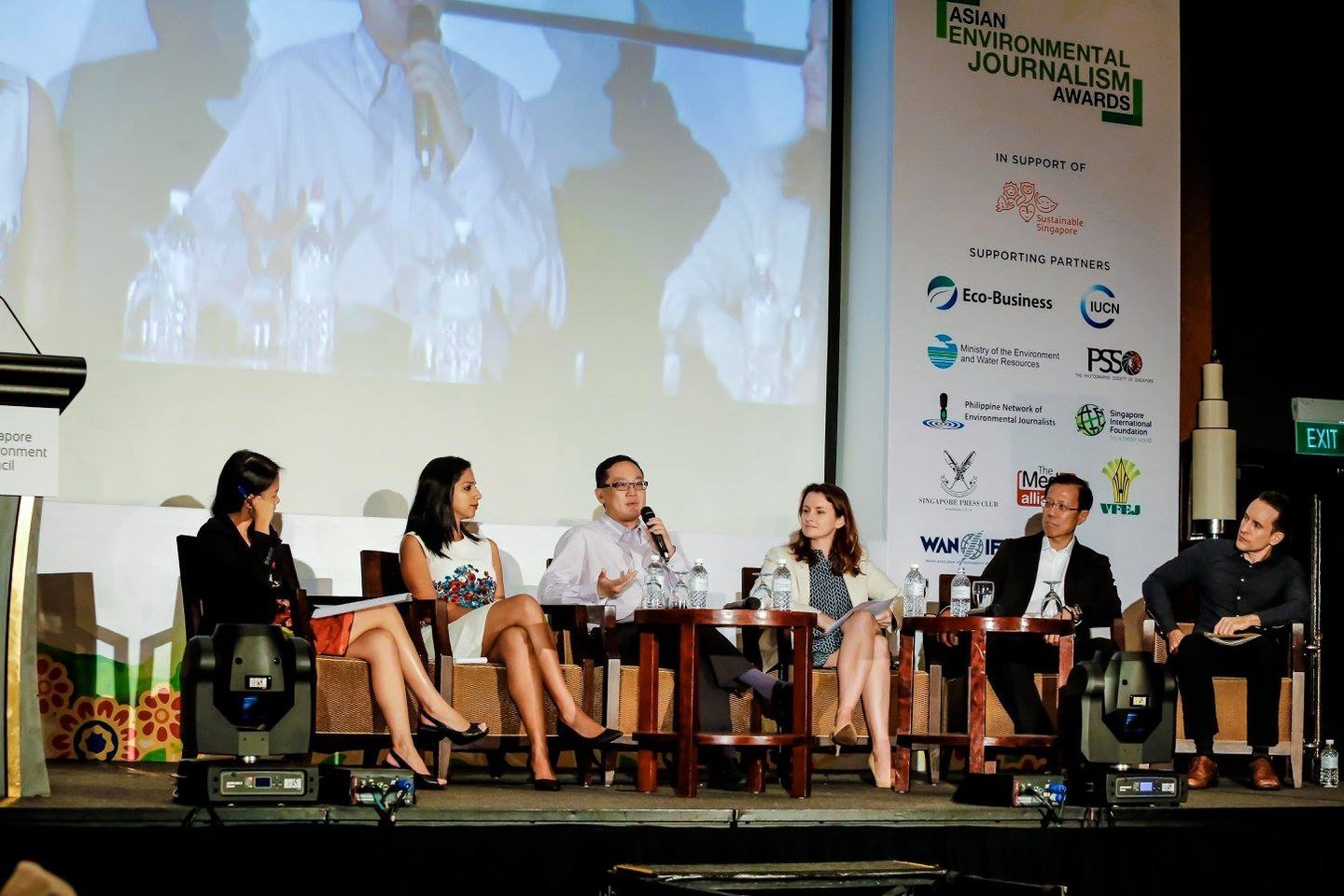The days of simply sticking a pipe in the ground and tapping a pool of easy-to-handle — and profitable — crude oil is fading. Maximising the planet’s oil reserves will challenge traditional thinking in order to harness technical know-how in a way that will have minimal impact on climate.
Category: Global
Media ‘never under so much threat’, says watchdog
Press freedom has never been as threatened as it is now, in the “new post-truth era of fake news” after the election of US President Donald Trump, Reporters Without Borders warned Wednesday.
AIIB plans to “conditionally” support coal power
Experts call for the China-led development bank to lay foundations for Asia’s clean energy transition, write Liu Qing and Tang Damin
The 2016 US Presidential Election and the Implications for Climate Change
This briefing note surveys early hints and speculations regarding the Trump Administration’s possible climate policies and personnel appointments, and discusses them in the context of the surrounding domestic political context and institutional decision-making processes.
The top 5 water stories in 2016
Water is an irreplaceable component in the fight against climate change but it is also its biggest victim. The World Economic Forum named water the number one threat in 2015 and it was also ranked a top risk in 2016.
Over the last 12 months, the world was given a sneak preview of the global water wars scientists have predicted for the century ahead, and tensions surrounding dams and the control of water within drought situations were flashpoints for conflict. Companies can expect water use to hit their bottom lines harder and prices of electricity are likely to go up as hydropower comes under threat.
China’s clean-energy giants on an overseas shopping spree
Chinese state-funded renewable energy firms are spreading the net overseas, as quality new projects become harder to come by at home, and have already been successful in snapping up some prime operational projects, while bidding for others, both in developed and emerging markets.
The two most active are China General Nuclear Power Group, the nation’s largest nuclear reactor developer, and China Three Gorges, the country’s biggest hydro power projects developer.
The media megaphone: does it help curb bad infrastructure projects?
We live today in the most explosive era of infrastructure development in human history. By mid-century the unprecedented rate of highway, dam, mine and power plant construction; along with city growth, will girdle the globe in concrete. Arguably, that burst of activity will improve the lives of millions. But it is also coming at a terrible cost to the natural world, as we lose the rainforests, estuaries, wetlands, wildlife and indigenous people of our planet.
After COP22, cities will lead on climate change: Are Mekong cities part of this trend?
Cities are now taking lead in addressing climate change. New and innovative policies are being implemented at a local level because of the government´s closer relationships with their businesses, residents and institutions, and partnerships are being promoted globally. This shows how cities are well-positioned in to play a leadership in reducing Greenhouse Gas emissions.
Development as Unfreedom: Shrinking Democratic Spaces in Asia
The real sign of development and democracy is how a country respects, protects and promotes freedoms and human rights. The biggest challenge of our times is the increasing gap between the promises and performance of states and governments in relation to the protection of the freedoms and human rights of their people. This is most evident in many countries in Asia, with the shrinking of freedom and democratic spaces resulting in increasing attacks on human rights defenders.
The media’s role in telling environmental stories
Journalists have the unique ability to help accelerate climate action through advocacy and education, but their potential to help achieve the global climate goals agreed in Paris last year still remains largely untapped, said media and environmental experts in Singapore.
Speaking at the inaugural Asian Environmental Journalists Forum, organised by non-profit Singapore Environment Council and media organisation Eco-Business, panellists said that shrinking budgets, a lack of public interest and the ever increasing complexity and geographical scope of climate issues are just some of the challenges that journalists face when trying to report on environmental issues today.


